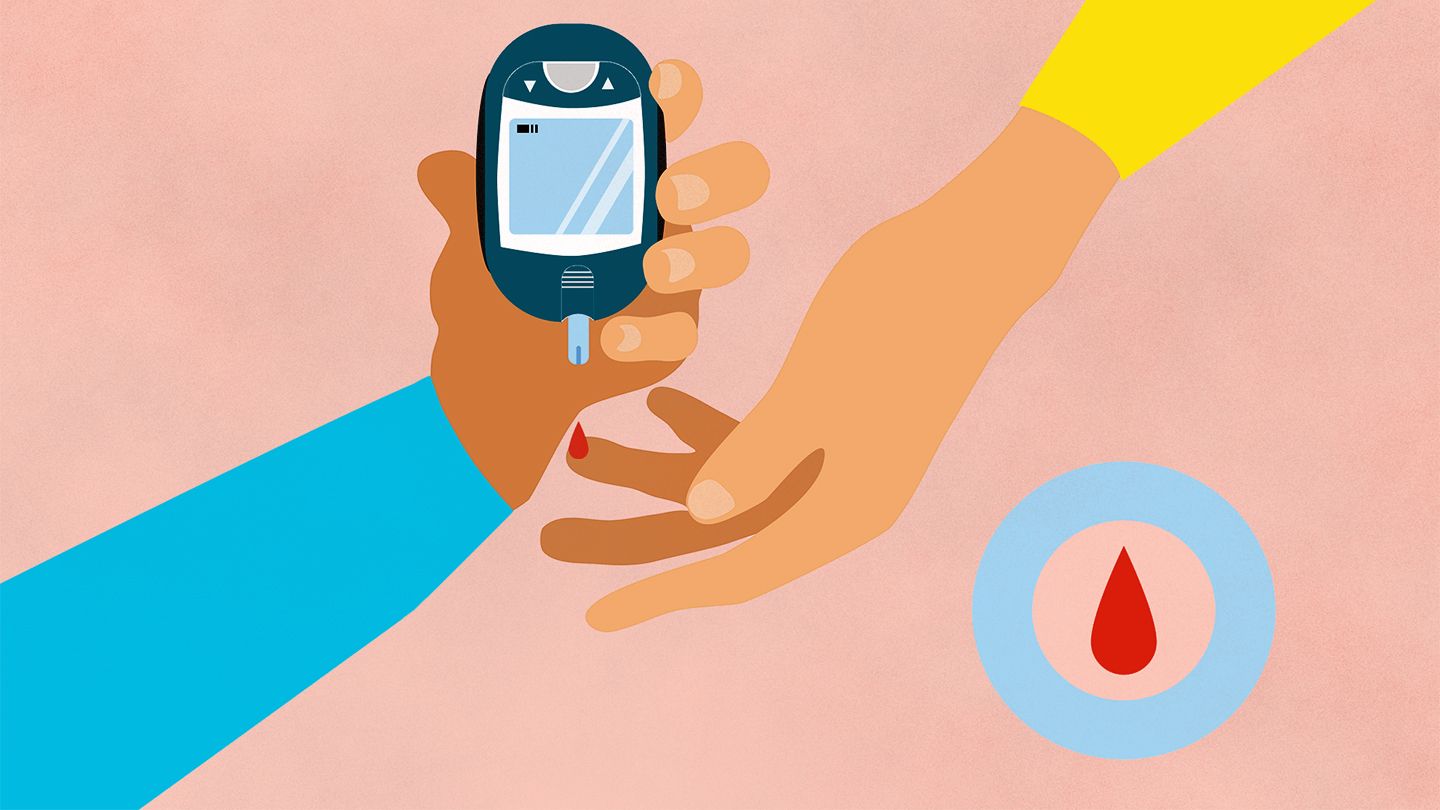Managing your blood sugar is an essential part of maintaining good health. Regarding healthy eating habits, controlling your glucose levels should be a priority. But what’s the best way to stay in control?
In this article, you’ll learn about the various factors influencing blood sugar and how to manage them. We’ll explore common dietary patterns for managing glucose levels, special considerations for pregnant women, and providing support if you feel overwhelmed. By the end of this article, you will have all the knowledge needed to make informed decisions that are explicitly tailored to your lifestyle.
Overview of What Blood Sugar is and How It’s Affected
Blood sugar, also known as glucose, is vital to health and wellness. It fuels every cell in our body and serves as the brain’s primary energy source. Blood sugar levels are regulated by the hormone insulin produced by the pancreas. When we consume carbohydrates, our body breaks them down into glucose, causing blood sugar levels to rise.
However, maintaining stable blood sugar levels is crucial for overall health. High or low blood sugar can lead to a range of health complications, including diabetes, hypoglycemia, and metabolic syndrome. A balanced diet and regular physical activity are critical factors in regulating blood sugar and maintaining good health. Mounjaro is a great tool that can help you keep track of your glucose levels, as well as monitor your diet and exercise habits.
Impact of Food and Exercise on Blood Sugar Levels
Food and exercise are the two main factors that significantly impact blood sugar levels. The type and amount of food we consume can affect our glucose levels and the timing of meals and snacks.
Carbohydrates, one of the three main macronutrients, have the most pronounced effect on blood sugar levels. However, it’s important to note that not all carbohydrates are created equal. Simple carbohydrates in sugary drinks and processed foods can cause a rapid spike in blood sugar levels. On the other hand, complex carbohydrates, such as those found in whole grains and vegetables, are digested more slowly, resulting in a gradual increase in blood sugar.
In addition to the food we eat, physical activity also plays a vital role in regulating blood sugar levels. When we exercise, our muscles use glucose as energy, which helps lower blood sugar levels. Regular physical activity can also improve insulin sensitivity, allowing the body to use insulin more effectively.
Role of Stress and Other Emotions in Blood Sugar Regulation Stress
In addition to food choices and regular exercise, it is essential to recognize that stress and various emotions can significantly influence blood sugar levels. When we experience stress, our bodies release cortisol, increasing blood sugar levels. This physiological response, commonly known as the “fight or flight” instinct, was an advantageous survival mechanism for our ancestors. However, prolonged and chronic stress can lead to consistently elevated blood sugar levels, increasing the risk of developing diabetes and other related health complications.
Moreover, emotions such as anger, anxiety, and depression can also impact blood sugar levels through intricate hormonal and physiological changes. It is crucial to manage stress and negative emotions effectively to maintain stable blood sugar levels and promote overall well-being. By implementing stress management techniques, healthy coping mechanisms, and seeking support when needed, individuals can better regulate their blood sugar levels and minimize the risk of health complications associated with chronic stress.
How to Test for Blood Sugar Levels at Home
For individuals with diabetes or those at risk of developing it, regular monitoring of blood sugar levels is crucial. It can be done at home using a glucose meter, which measures glucose concentration in the blood. Following proper techniques and instructions when testing for blood sugar levels is essential to ensure accurate results.
Some common factors that can affect the accuracy of a glucose meter include using expired test strips, not washing hands before testing, and improper storage of the meter. It’s recommended to consult with a healthcare professional for guidance on proper testing techniques and frequency.
Managing Diet, Exercise, and Medication to Keep Blood Sugar Balanced
A well-rounded approach to managing blood sugar includes a combination of healthy eating habits, regular physical activity, and appropriate medication use. Working closely with a healthcare team to develop an individualized plan that considers your specific needs and lifestyle is crucial.
When it comes to diet, incorporating a balance of complex carbohydrates, lean proteins, and healthy fats is essential for maintaining stable blood sugar levels. Portion control and timing of meals and snacks can also play a significant role in managing glucose levels. Additionally, regular physical activity and proper medication use as prescribed by a healthcare professional can help keep blood sugar balanced.
Understanding Medical Terms Associated With Diabetes and Hypoglycemia
Diabetes and hypoglycemia are two common conditions associated with imbalanced blood sugar levels. Diabetes is a chronic disease in which the body either does not produce enough insulin or cannot effectively use the insulin it produces. It leads to consistently high blood sugar levels, which can result in various health complications.
On the other hand, hypoglycemia occurs when blood sugar levels drop too low, often due to a lack of food or excessive physical activity. Symptoms of hypoglycemia can include shakiness, dizziness, and confusion. It’s crucial to seek medical attention if you experience severe symptoms or have frequent episodes of hypoglycemia.









